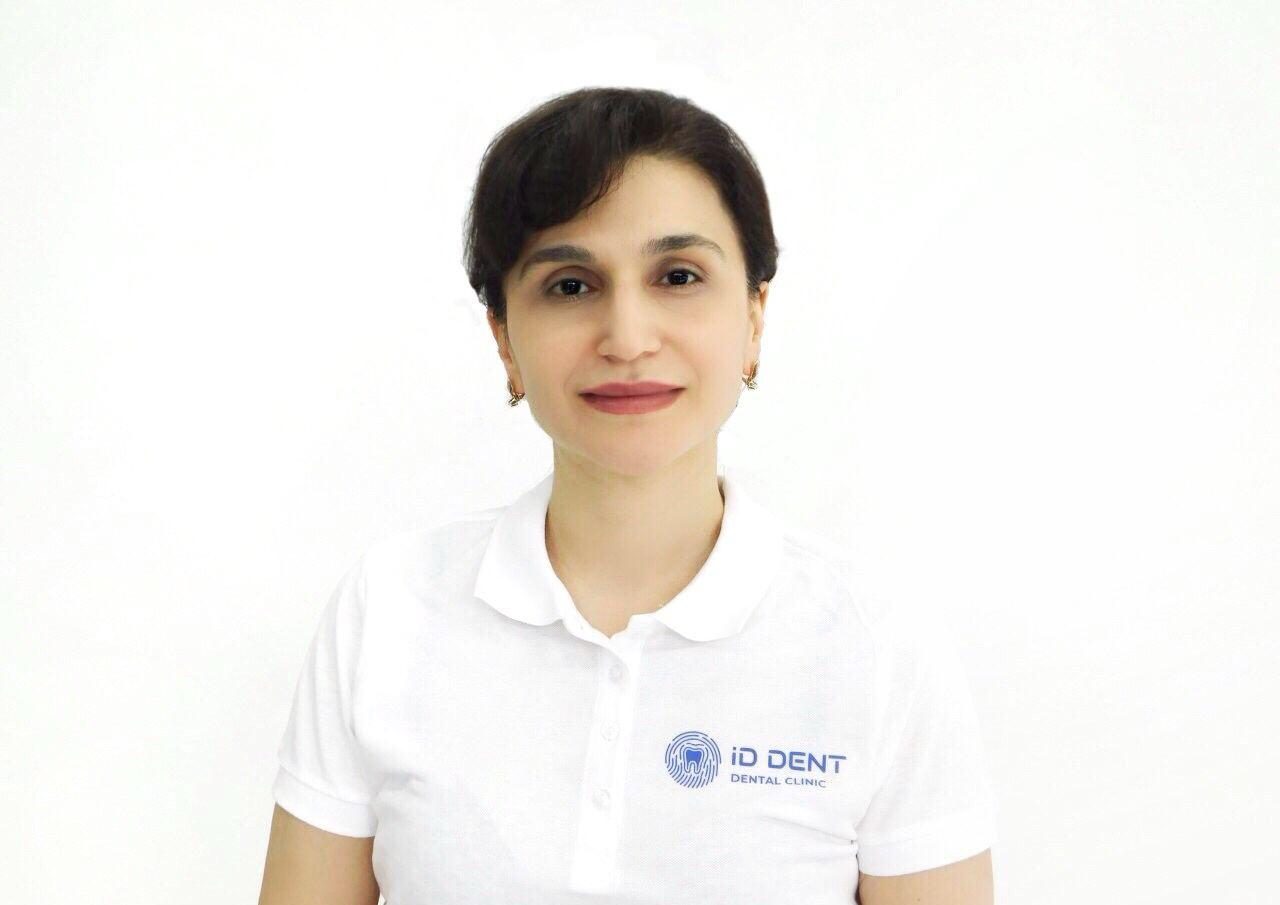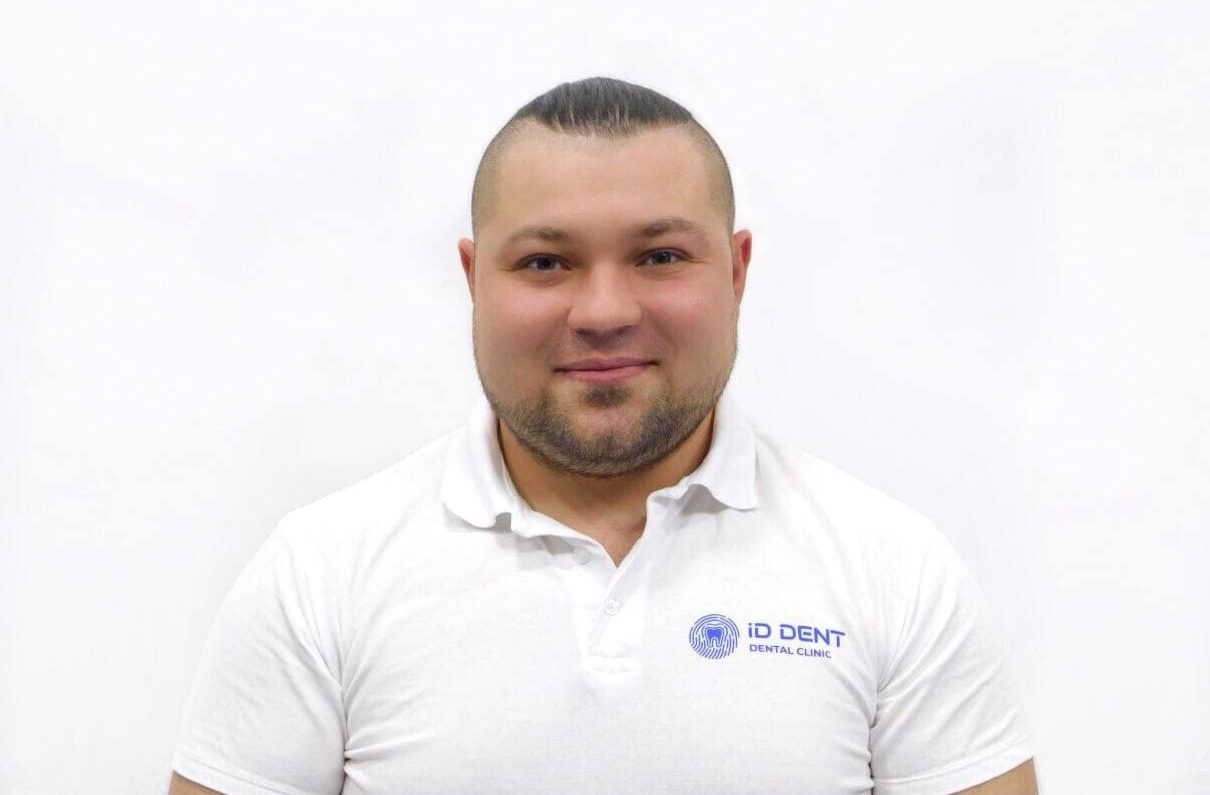Lower Jaw Prosthetics
Lower jaw prosthetics – an essential delicate and complex task, which aims to restore lost teeth and function, thus maintaining an excellent professional standard. You can contact ID Dent for advanced consultations and planning of further treatment.
| Function of the prosthesis | Restoration of chewing function |
| Indications for treatment | Absence of teeth, injuries |
| Types of prostheses | Core, bridgework, implants |
| Durability | Depends on type of prosthesis |
| Stages of procedures | Preparation, imaging, installation |

Lower jaw prosthetics is a medically approved method for restoring lost teeth and chewing function. Prosthetics restore not only an aesthetic appearance but also the full ability to chew. Lower jaw prosthetics are especially important as the absence of teeth in this area can significantly impact quality of life, leading to speech disturbances, digestive problems, and reduced self-esteem.
Indications and Contraindications for Lower Jaw Prosthetics
Prosthetics for lower teeth is a traditional technique in dentistry, yet the tools and technologies are constantly evolving. New technologies allow quick, pain-free restoration of the dental row and chewing function while medical intervention is barely noticeable. Modern methods and materials enable tailoring the optimal variant for each patient, considering their individual characteristics and needs. Proper care and regular checkups with a dentist can extend the lifespan of prosthetics and maintain oral health.
This method of prosthetics is in high demand in dentistry and is applied in various situations. Indications for prosthetics include:
- Complete or partial loss of teeth (edentulism);
- Significant tooth decay that cannot be restored by fillings;
- Lack of teeth for fixation of bridgework;
- Patient’s desire to improve the aesthetic appearance of the dental row;
- Chewing function disorders.
However, do not forget about contraindications. Prosthetics are not performed in cases such as:
- Acute inflammatory processes in the oral cavity;
- Severe systemic diseases (e.g., uncontrolled diabetes);
- Allergic reactions to prosthetic materials;
- Insufficient bone mass for implant installation (for fixed prostheses);
- Uncontrolled periodontal disease.
Prosthetics is a comprehensive procedure that requires an individual approach. Before starting treatment, it is necessary to consult a dentist to choose the optimal method and materials. The decision on prosthetics is made individually for each patient after a thorough examination.
Types of Prostheses for the Lower Jaw
Prostheses are classified by the method of attachment and material:
- Removable prostheses for the lower jaw. They are divided into 2 main groups. Complete ones are used in edentulism when all teeth are missing. Partials solve the problem of partial tooth loss;
- Non-removable. These are crowns and bridges that the dentist installs on remaining teeth or pre-implanted implants.
- Conditionally removable – prostheses that are fixed on implants and can be removed only by a dentist.
The choice of prostheses for the lower jaw is an individual process dependent on many factors, including the degree of tooth loss, gum condition, patient’s financial capabilities, and preferences. The dentist will help you choose the optimal variant considering all these nuances. When choosing the prosthesis, its functionality, aesthetics, reliability of fixation, and ease of use should be assessed. It is also important to consider the features of the lower jaw and patient’s bite.
Stages of Lower Jaw Prosthetics
Lower jaw prosthetics involve several stages:
- Consultation. The doctor explains what to expect from the procedure and discusses possible treatment options.
- Diagnosis. Initial examination, X-rays, and CT scans for assessing bone condition and treatment planning.
- Oral cavity preparation. Treatment of caries, tooth extraction, gum preparation.
- Impression taking. Creating an accurate model of the lower jaw for prosthetic manufacturing.
- Prosthesis manufacturing. The prosthesis is made in a dental laboratory based on impressions and models.
- Fitting and installation. The prosthesis is tried on, adjusted if necessary, and installed.
- Permanent fixation or training for removal and wearing, depending on the prosthesis type.
Each stage of prosthetics has its own specifics and can vary depending on case complexity and the chosen prosthesis type.
How Long Do Lower Jaw Prostheses Last?
The lifespan of lower jaw prostheses depends on their type, materials, and care. The table below shows average expected life spans for different types of prostheses:
| Prosthesis Type | Average Lifespan (years) |
|---|---|
| Complete removable prostheses | 5-7 |
| Partial removable prostheses | 5-7 |
| Crowns and bridges | 10-15 |
| Implants | 15-20 or more |
Lower jaw prostheses can last from 5 to 10 years, depending on material quality and care. Regular dental visits for corrections and prosthetic checks are important. The lifespan also depends on individual bite characteristics and hygienic adherence.
Caring for Lower Jaw Prostheses
After installation, it is vital to ensure proper prosthesis care. This does not imply any difficult actions but focuses mainly on standard dental care recommendations:
- Regular hygiene. Brushing teeth twice a day, using dental floss, irrigators.
- Cleaning removable prostheses. Rinsing and cleaning prostheses after each meal.
- Professional cleaning performed by a dentist with special preparations and tools. Recommended every 6 months.
- Avoidance of harmful habits. Quitting smoking, limiting consumption of staining products.
Following these simple rules will help keep your lower teeth prostheses clean and in good condition for many years.
How is the Price for Lower Jaw Prosthetics Determined?
The price for lower jaw prosthetics is determined by several key factors. It depends on the prosthesis type, used materials, and manufacturing complexity. Additional expenses may include preparatory procedures like tooth extraction or gum treatment. Technologies can significantly affect the final price; however, skimping on quality and materials is unacceptable as it can influence the prostheses’ durability and comfort.
Lower Jaw Prosthetics at ID Dent Clinic
Dental Clinic ID Dent in Lesnoy massif in Kyiv is a medical center people across Ukraine come to for dental treatment. Its impeccable reputation is not a marketing achievement but a product of the precise daily work of highly qualified doctors. The dentistry is equipped with innovative equipment and materials. At the same time, our pricing policy is loyal, and due to the convenient location on the Left Bank of Kyiv (the nearest metro stations are Lesnaya, Chernigovskaya), treatment is accessible. Schedule an appointment with our administrators by phone!

 Kyiv, st. Bratislavskaya 14B
Kyiv, st. Bratislavskaya 14B Mon.-Fri. 9-20, Sat.-Sun. 10-18
Mon.-Fri. 9-20, Sat.-Sun. 10-18







